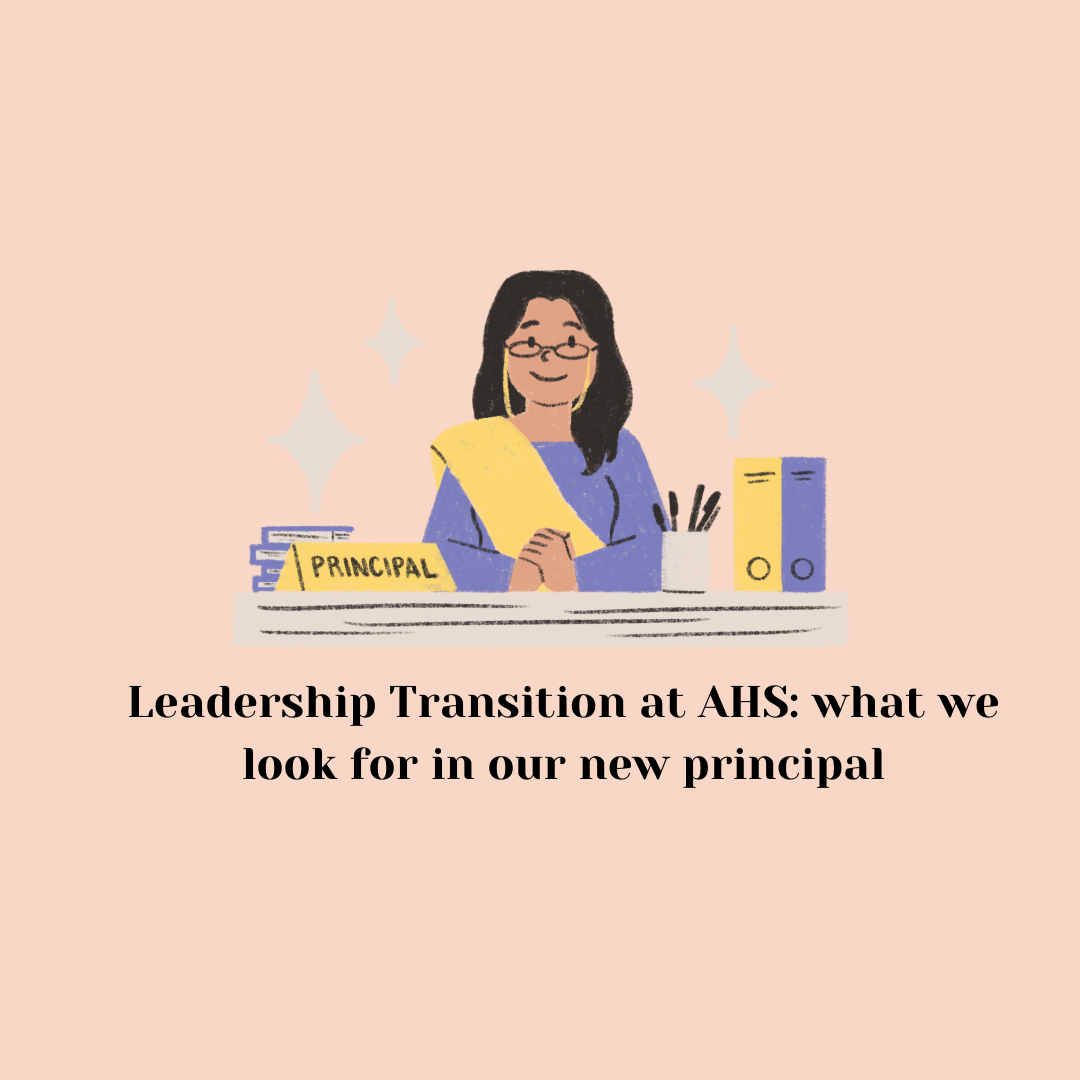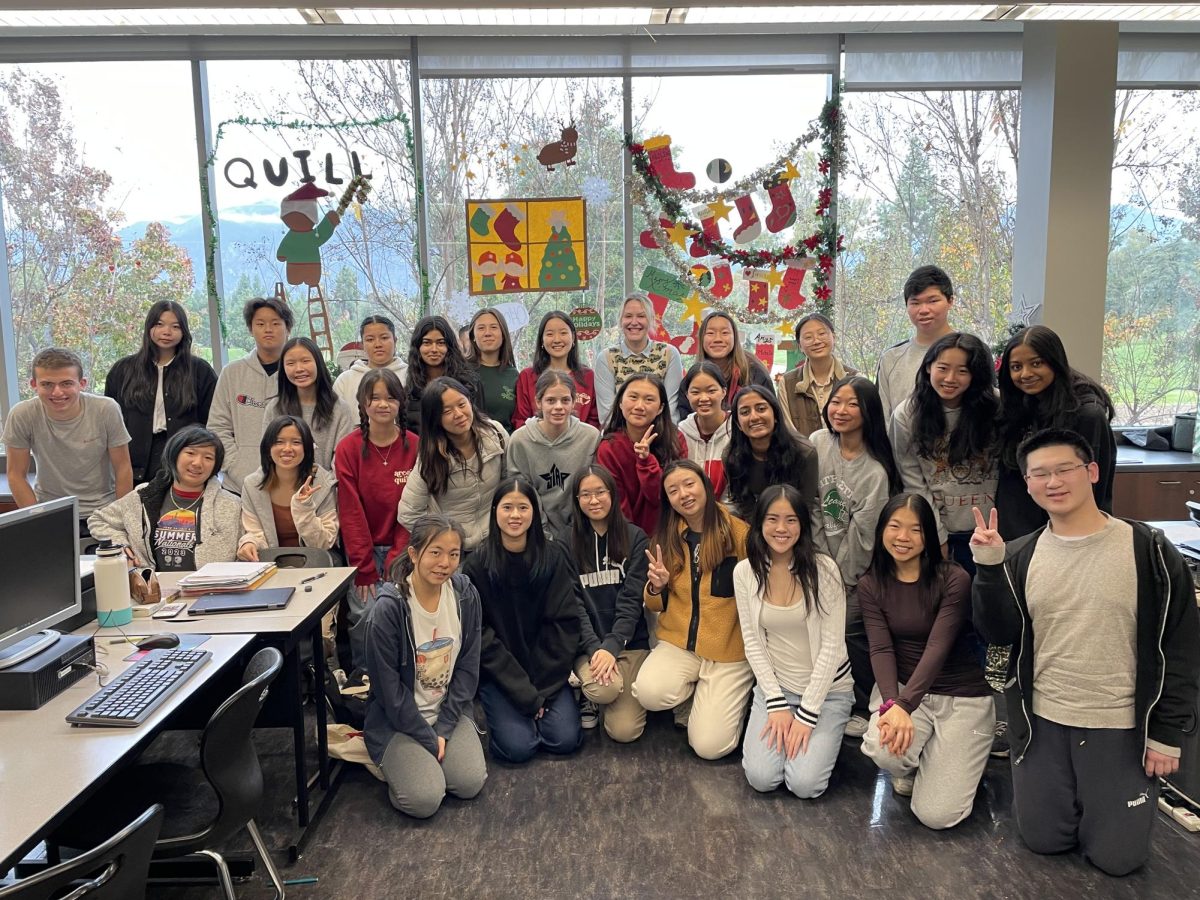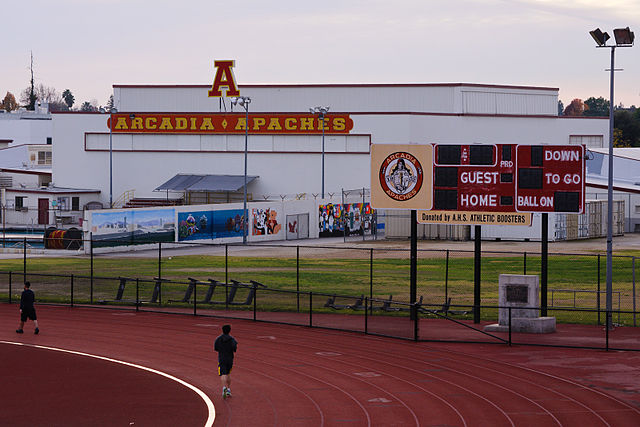Political activism across the country has increased in the past years, with reports on global trends indicating more people are getting increasingly dissatisfied with our mainstream institutions. Despite this increase in activity, many of these people, generally aged 18-29, educated with at least a college degree, and urban, are not participating in government elections, citing a lack of effectiveness or connection to them. Data from California’s 2022 gubernatorial election reported about 700,000 people aged 18-25 are registered voters in Los Angeles County, making up about 75% of the people aged 18-25 in that county registered. To more easily visualize this scale, about 600 out of Arcadia High School’s (AHS) almost 800 seniors have registered.
While this is a staggering number for registration, it’s not enough. A registered voter is only half the work necessary to catalyze change—the other half is taking part in civic engagement. Youth.gov defines civic engagement as “working to make a difference in the civic life of one’s community and developing the combination of knowledge, skills, values, and motivation to make that difference. It means promoting the quality of life in a community through both political and non-political processes.”
Across the U.S., teens are losing interest in local politics, U.S. News & World Report finds. Registering now occurs automatically as a result of acquiring a state driver’s license. The act of proactively listening to and staying informed on politics is lost in hastened summarization and increasing misinformation.
Despite the lack of engagement, our state isn’t short on pressing issues either. California is locked in an age-old struggle with homelessness; we face a mental health crisis in almost all age groups; climate change threatens our state infrastructure. These urgent issues are at the forefront of our ballot, and as such, students must proactively seek their political education. A single government class is not enough to teach high schoolers what they absolutely need to know about the legislators currently representing them at the local, county, state, and federal levels.
Apaches have plenty of resources to be civically engaged. Numerous organizations allow students to stay engaged on campus—there’s no excuse for AHS students to turn a blind eye to politics, especially with the wealth of resources available for new voters. Firstly, know your stance on political issues. Only when you have a basic understanding of the ballot measures can you make a confident, informed vote. One way to stay in the loop is by reading local newspapers and the school’s student-run journalism. Engage in education board and city council meetings. PTA meetings are a great first start. Join student organizations that advocate for what you believe in. Arcadia hosts a great number of civic, educational, and service-based clubs and organizations. You can always preview organizations on the school website or by visiting school events like Spring Preview or Clubs Day.
Then, vote! Mar. 5 is the date for California’s Primary elections; if you are registered with a party, mark it in your calendars! Registration closed on Feb. 20, but do not worry: the next election will be Nov. 8 of this year. For students who are 16 but not yet 18, you can pre-register to vote here.
With another election coming up, it is more critical for Americans to decide how the direction of the country should be going. Participating in elections directly impacts how our leaders will run the country.






